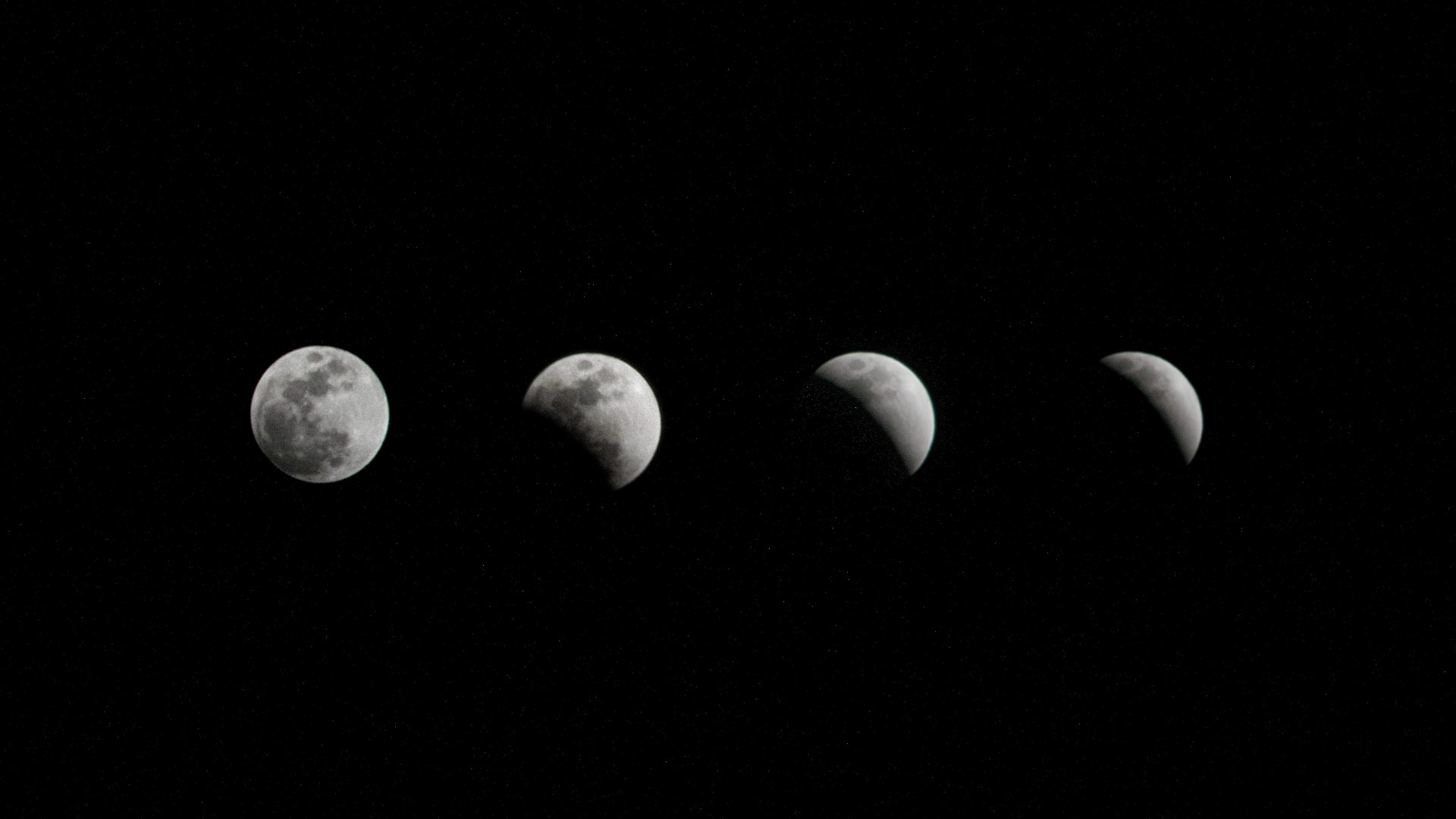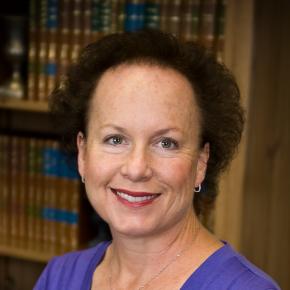John Hick takes a realist approach about the world to the question of pluralism in his article “Religious Pluralism and Salvation.”1 All religions are responses to an objective Reality, not merely human activity. Both the differences and similarities in religion motivate Hick. He understands the differences to be irresolvable, none being a superior expression of the ultimate truth of the Divine. Yet he perceives a common thread throughout all religions: the central concern being moral transformation and realignment with the Divine. Since all religions share a common feature and the differences are intractable, Hick concludes that pluralism is the most rational position to take.
Hick observes that all religions are concerned with salvation, and the way he defines salvation for all religions is radical moral transformation. All religions appear to share this fundamental goal and also seem to produce relatively commensurate results. Salvation is demonstrated by observable behavior when people are transformed from self-centeredness to Reality-centeredness. In this way, the results of religion are empirically measurable.
Hick often uses Christian vocabulary to express his understanding of the common features of all religions. Salvation is equated with empirically verified behavior of individuals. Saints are the persons who successfully demonstrate transformation and reorientation. He says that at their most basic, all religions use the same criterion for the normative role of salvation and in describing saints. This is most fundamentally expressed as the Golden Rule: valuing others as we value ourselves. Though the outcome of salvation is empirically validated in principle, Hick admits to the difficulty of actual validation. Still, the fact that salvation takes place is an objective fact and is empirically verifiable in principle.
Since all religions share this common goal and criterion, Hick concludes that the truth value of all religions are empirically equivalent. There is no other way to sort out the differences and arrive at a judgment as to their success in actually expressing truth. As long as the goal of all religions is to produce transformed and reoriented saints, then all religions are on epistemic par with regard to the rest of their claims. The differences don’t matter, only the most fundamental common features do.
According to Hick, the differences in religions are ways of referring to the same objective Reality. The differences do not matter because what they refer to is identical, no matter how disparate the specific claims about the Real are. Hick adapts a Kantian approach to discuss the ultimate referent of all religions. The Real is beyond the scope of human concepts and cannot be directly referred to or experienced. None of the statements that religions make about the Real are accurate because it cannot be referred to. Yet, religious experiences are all of the same Reality. These experiences of the Real are primarily culturally based.
Hick considers culture to be the primary determinant in religious commitments, although religion is not a human construction. Human experience of the Real is the mode of religious expression that never achieves success in referring the transcendent truth being experienced and these experiences are shaped by the religious culture. As a result, Hick concludes that we should remain agnostic with regards to the differing metaphysical claims of religions. It is especially wrong to draw conclusions about salvation based on these irresolvable differences. Historical evidences are not useful in attempting resolution since these claims, too, are irresolvable.
Hick makes the strong claim that no single religious tradition can be wholly true and are on epistemic par since the salvation results of all religions produce empirical parity. Hick concludes that exclusive claims are both outdated and irrational.
A Critique of Hard Pluralism by Ward
Keith Ward critiques “hard pluralism” in his article “Truth and the Diversity of Religions.” Hick and other pluralists make the claim that religions state propositions that are incompatible, yet there is no methodology for adjudicating the truth value of these statements. Hick abandons the endeavor; Ward does not because Hick’s position is philosophically unacceptable to him since all truth claims are necessarily exclusive—including Hick’s. A truth claim must affirm some reality, which necessarily excludes incompatible claims about the same thing. Hick’s view denies this fundamental bit of logic, and logic is what Ward rigorously applies to the pluralist objections. He denies that all religions can be equally true because religious disagreement is, in fact, possible. They cannot all be true because they are “fundamentally opposed both morally and factually.”2
He identifies three versions of pluralism. “Extreme pluralism” claims that all versions of religions are equally valid and do not make mutually exclusive claims; but this position is incoherent since the claims are obviously incompatible. “Hard pluralism” (HP) affirms that religions initially appear to be exclusive, but actually agree on fundamental features of religion after careful investigation.
Ward is critical of HP because the reduction of religion to moral transformation and reorientation to the transcendent is analytic and trivial. It is analytic because only religions that conform to this definition will be counted as religions; religions lacking this feature will be excluded to produce the façade of universal agreement. It is trivial because it merely relocates the exclusivism to an abstract and general level since HP makes its own truth claims. More religions are admitted as valid, but others that do not meet the rather arbitrary definition are excluded. The tactic of HP is rather rigged from the outset when “religious traditions” are investigated. This label reflects an attitude that religions are not making truth claims at all so cannot disagree.
HP makes three claims that Ward finds self-refuting. First, in claiming that the Real is ineffable, one actually admits to its existence. Second, in claiming that no truth-claims can be made of it, one makes a truth-claim about it. Third, though the Real is unknowable, HP claims to know that all religions are equally valid ways of reorienting to it. In denying the possibility of making religious truth claims, HP actually ends up making a number of truth claims. The view is fundamentally illogical. In addition to this, HP ascribes beliefs to religions that they do not claim for themselves.
Ward is interested in whether the claims of religions are equally warranted by the facts, and he concludes that they are not. Religions do make mutually exclusive truth claims. Ward opts for “soft pluralism.” SP recognizes that all religions are partially true, but also make some false claims. While taking seriously the truth value of religious claims and that they are incompatible, he recognizes that believers of different religions are justified in their beliefs and in their belief that those who disagree are wrong. Exclusivism is rationally justified. What follows from this is not the denial of the truth value, as Hick does, but to recognize that no view is obviously true and every view is possibly mistaken. Religious believers are within their epistemic right to be exclusivists. In fact, it is unreasonable to believe otherwise if each religious believer is justified in their beliefs. SP recognizes the justification of each religion to make provisional claims of exclusivism, while remaining open to revision. Different religions are complimentary and can cooperate in correcting each other since actual agreement and disagreement are possible.
Critique
Ward’s response is helpful because he takes seriously the claims of truth that religions make; Hick, instead, ignores the truth value and redefines what these statements actually mean according to his definition of religion. It seems to me that we should extend the courtesy of taking religions at their word when they make claims. Hick’s response seems rather condescending and arrogant, the kinds of vices he wishes to escape by denying exclusivism.
Hick’s view suffers from mistaking the epistemological problem (determining what is true) for the metaphysical one (what is objectively true). He may be right that all religions are apparently on epistemic par, but that does not justify Hick’s claim that all religions do in fact teach the same thing about the same reality. The basic laws of logic tell us that is not a reasonable conclusion from the mutually exclusive kinds of beliefs fundamental to religions. Essentially, Hick’s view is epistemically derelict in the duty to take truth claims seriously and apply rigorous rationality to justify these claims.
Ward’s article is refreshing in comparison in his unrelenting application of logic to the pluralist claims. It is epistemically virtuous to recognize the defeasibility of one’s view, which is Ward’s conclusion, yet maintain intellectual commitments based on the justification of one’s evidence. Sound reason does not necessarily lead to moral vices, as Ward exemplifies. It is possible for the exclusivist to hold his beliefs in proportion to the evidence on which they are based, and yet be willing to humbly and openly consider the challenges of pluralism and competing religious claims.

